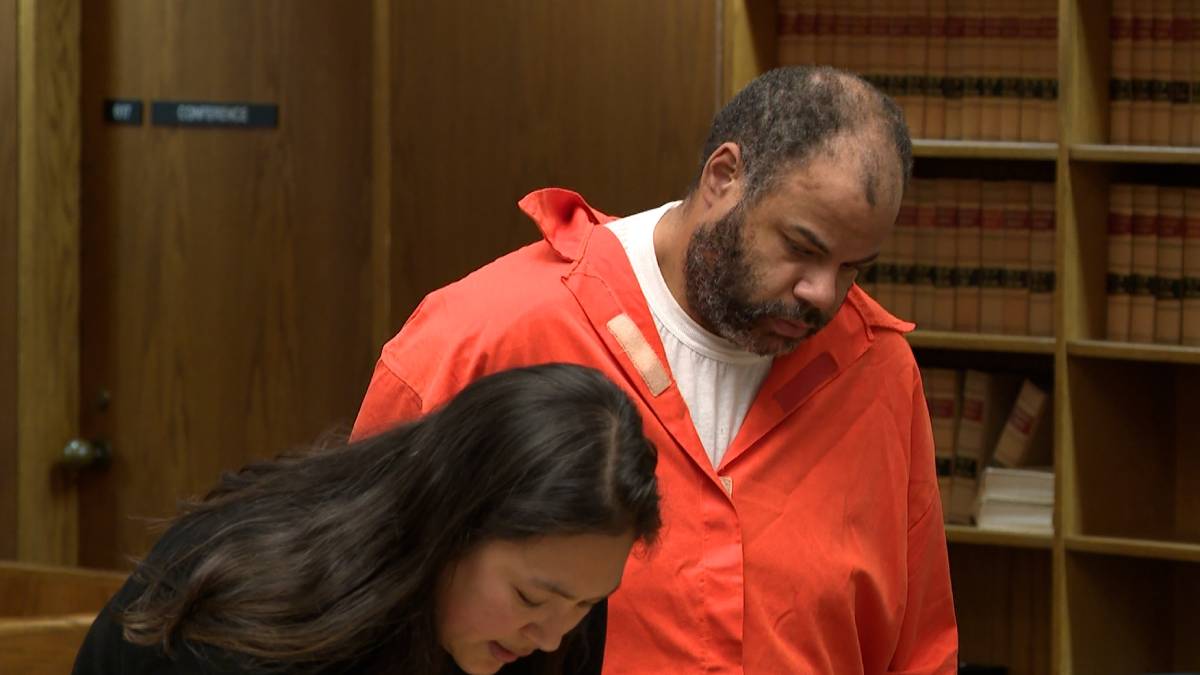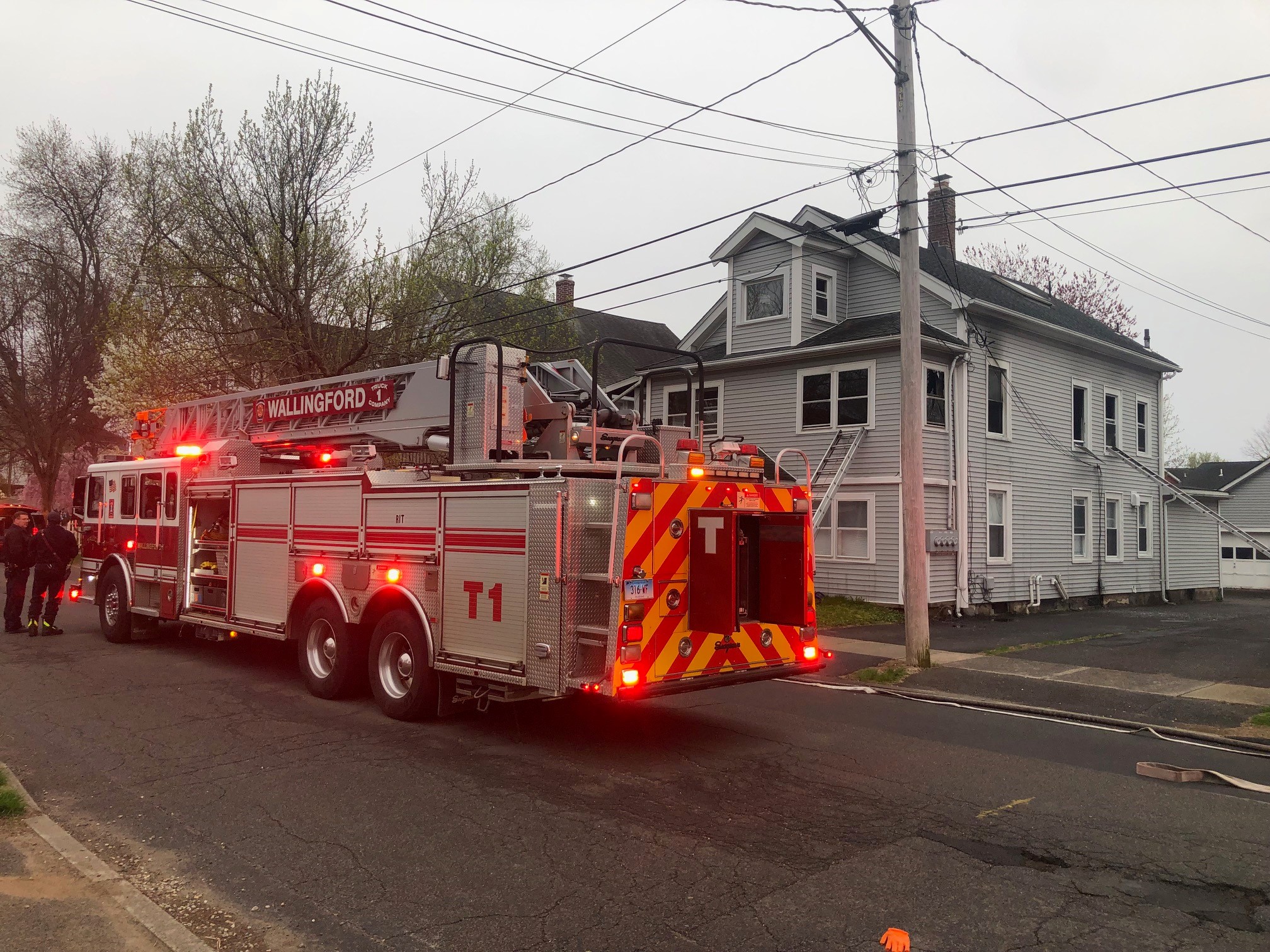For more than a week protests in Connecticut and around the country have called for justice for George Floyd. It’s the same call heard after countless other deaths at the hands of police.
“There are more cell phones o to capture it. To capture to document,” said Kalfani Ture, a former police officer and currently an assistant professor of criminal justice at Quinnipiac University.
After the 2014 deaths of Eric Garner and Mike Brown, the Obama administration laid out a road map to help improve police relations with The President’s Task Force on 21st Century Policing. Ture says it’s time to revisit those guidelines.
“We need to dust it off and we need to read it closely. Line for line, letter for letter. And we need to implement, if not at the federal level at the local level.”
The report has 59 recommendations in six categories that include “Building Trust and Legitimacy,” and “Training and Education.” Yale Law Professor Tracey Meares helped create it.
“We came together for three months we held hearings across the country, and put together recommendations,” said Meares.
“We have to understand that part of the reason we’re in the situation that we’re in is because of decision after decision that was made historically, not only by private actors but by state actors."
Local
She says acknowledging that long history and looking at the role police departments played is the first step. It could fall' under “Building Trust and Legitimacy.”
“Policing agencies have to acknowledge their role in wrongdoing both in the past and today.”
New Haven’s Police Chief Otoniel Reyes made similar remarks Monday, saying officers nationwide must own when they’re wrong. The officers rededicated themselves in an oath ceremony on Saturday.
Under “Training and Education,” Ture believes a class during officer training could improve cultural understanding.
“I’ve never taken a class on the history of police and race,” said Ture. “(Officers are) capable of empathy, they’re capable of sympathy. And part of that sympathizing and emphasizing must be historically informed.”
The report is still available on the Department of Justice website and has been used by police departments around the country.
“It was always going to be the case that these guidelines had to be adopted individually,” said Meares. “After the guidelines were adopted, agencies did proactively reach out to the COPS office and say 'we want to implement these guidelines, we need your help.'”
She says the DOJ’s COPS office has cut back implementation support under the current administration, so getting recommendations in place can be hard for police departments that are short on money, resources and time.
But she says putting some in place can be the start of the important work moving toward national police reform.
With new arrests in the death of George Floyd, Ture believes we need to keep up the work.
“His arrest isn’t the victory. The structural change that needs to happen in policing is the victory,” said Ture. As a black man, a former police officer as a policing professor, I am hopeful in a better tomorrow.”



